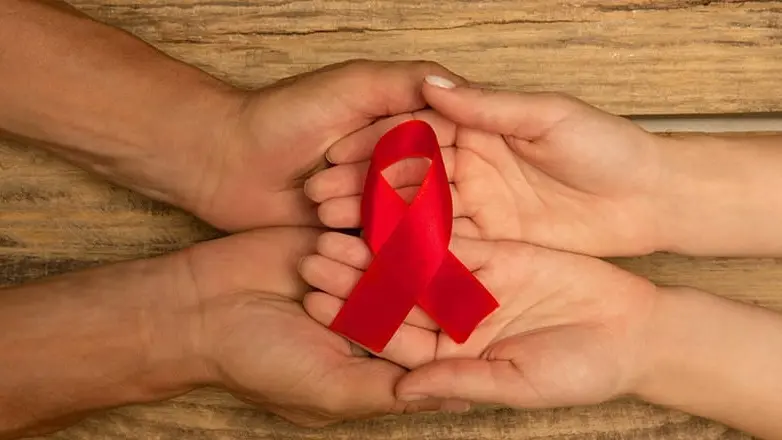1. Embrace Self-Acceptance and Confidence
The first and most crucial step in starting to date after an HIV diagnosis is embracing self-acceptance. Your HIV status does not determine your worth as a person. You are still the same individual you were before the diagnosis, and you have the same potential for happiness, love, and success. It’s important to focus on your strengths and qualities that make you unique and lovable.
Take time to process your diagnosis and its emotional impact. Speak to a counselor or HIV support groups to help work through any feelings of shame, anger, or fear. Many people living with HIV go through a period of self-doubt, but it’s essential to recognize that your worth is not tied to your HIV status.
Building self-confidence is key to entering the dating world with a healthy mindset. The more you accept yourself and love who you are, the more easily you will connect with others. Confidence will radiate through your interactions and set a positive tone for dating. Remember, your HIV status is just one part of you, not the defining feature of your identity.
